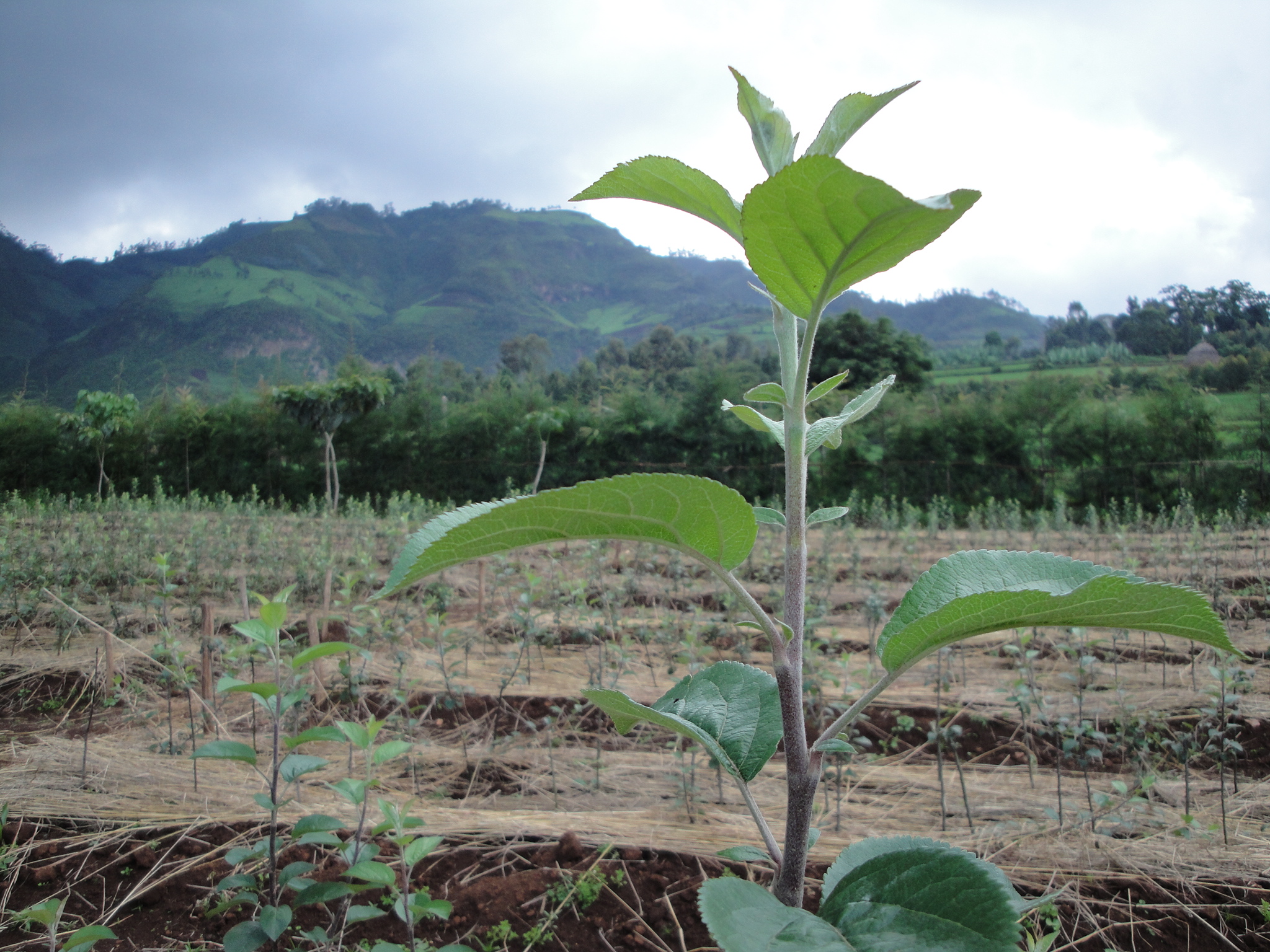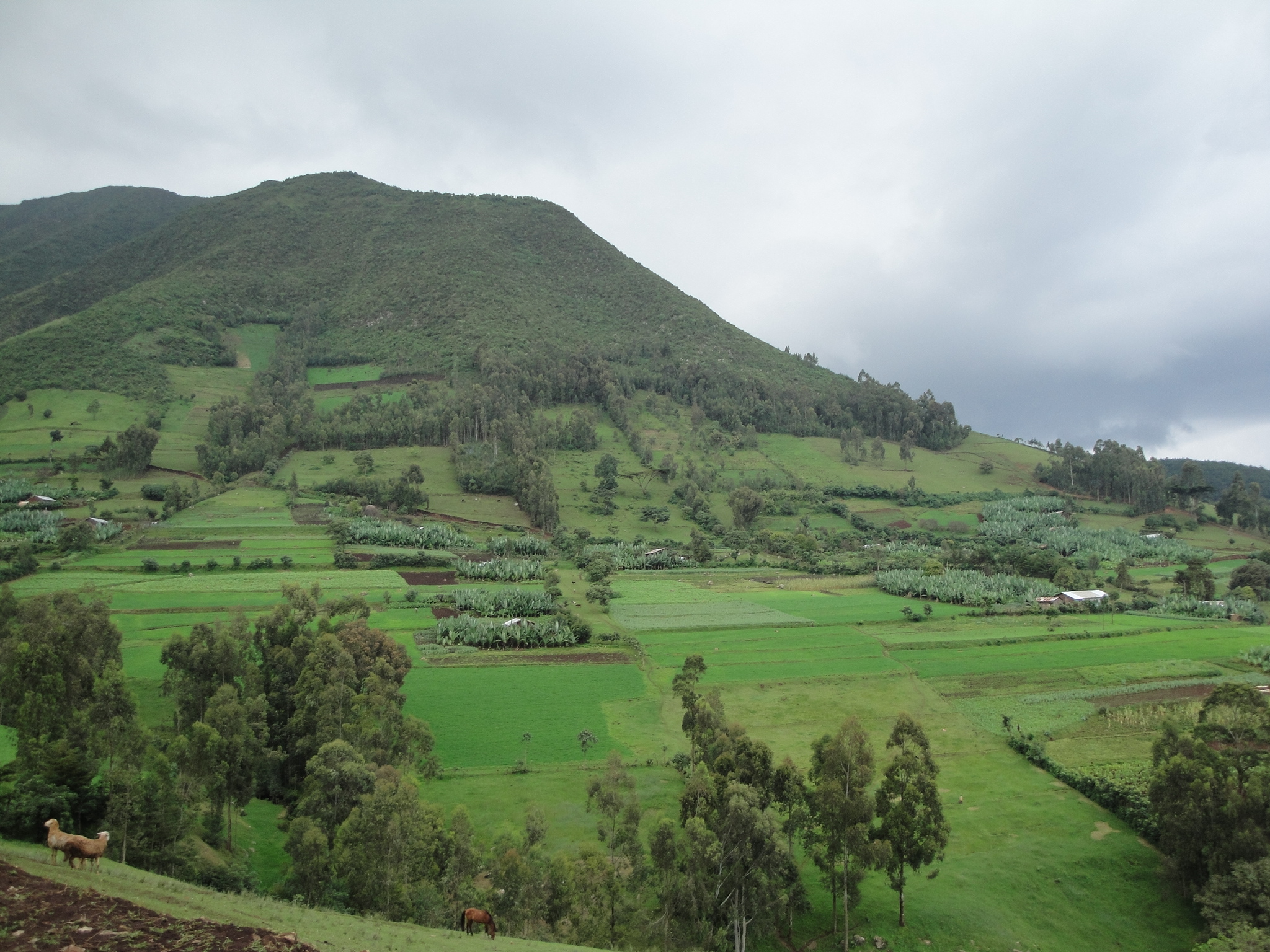
Soddo Forestry Project
Ethiopia is one of the poorest nations in the world with a per capita GDP of just US$177 per annum. Its agricultural sector, which provides livelihoods for over 90 percent of the population, has been crippled by environmental degradation. The overexploitation of forest resources has left less than three percent of Ethiopia’s native forests remaining. Severe erosion reduces the capacity of the land to absorb water, and has resulted in increasingly severe cycles of drought and flood.
The project extends over 503 hectares in the highlands of Mount Damota, north of the township of Soddo, which is located 330 kilometres south of the Ethiopian capital, Addis Ababa. Mount Damota is less than 20 kilometres northwest of where World Vision is implementing the Humbo project, Africa’s first large-scale Clean Development Mechanism (CDM) forestry project. Like Humbo, this area was highly degraded by overexploitation of forest resources, leaving its steep hills exposed to severe soil erosion and drought.
The project has been validated jointly with the Carbonfix Standard (CFS) and the Climate Community & Biodiversity Alliance. More recently, the project has completed transition from CFS to Gold Standard and the issue of credit started in November 2013. Under Gold Standard, validated CO2 certificates can be sold within the carbon markets, providing communities with the financial resources to manage the project over its term.

Key benefits of the project include:
- mitigating climate change through the sequestration of carbon (an estimated 189,027 tCO2e);
- alleviating regional poverty by providing:
- increased production of wood and tree products, including honey, medicine, fibre, fruit and wildlife that contribute to household economies;
- improved land management, which has stimulated grass growth, providing fodder for livestock or to be cut and sold as an additional source of income;
- using Farmer Managed Natural Regeneration (FMNR) methodology to regrow vegetation from existing stumps and root stock. This process provides faster, more sustainable growth at a fraction of the cost of replanting trees from nursery stock;
- restoration of 503 hectares of degraded native forests with indigenous and selected non-indigenous bio-diverse species;
- improved water infiltration, resulting in the recharging of ground water and a reduction in flash flooding;
- reduced erosion and increased soil fertility in the region;
- shared benefits for more than 50,000 people in the Soddo Water Shade area;
- improved environmental and social resilience to the impacts of climate change.
The Soddo project will establish and protect over 1.2 million trees and sequester and store an estimated 189,027 tonnes of CO2e.
